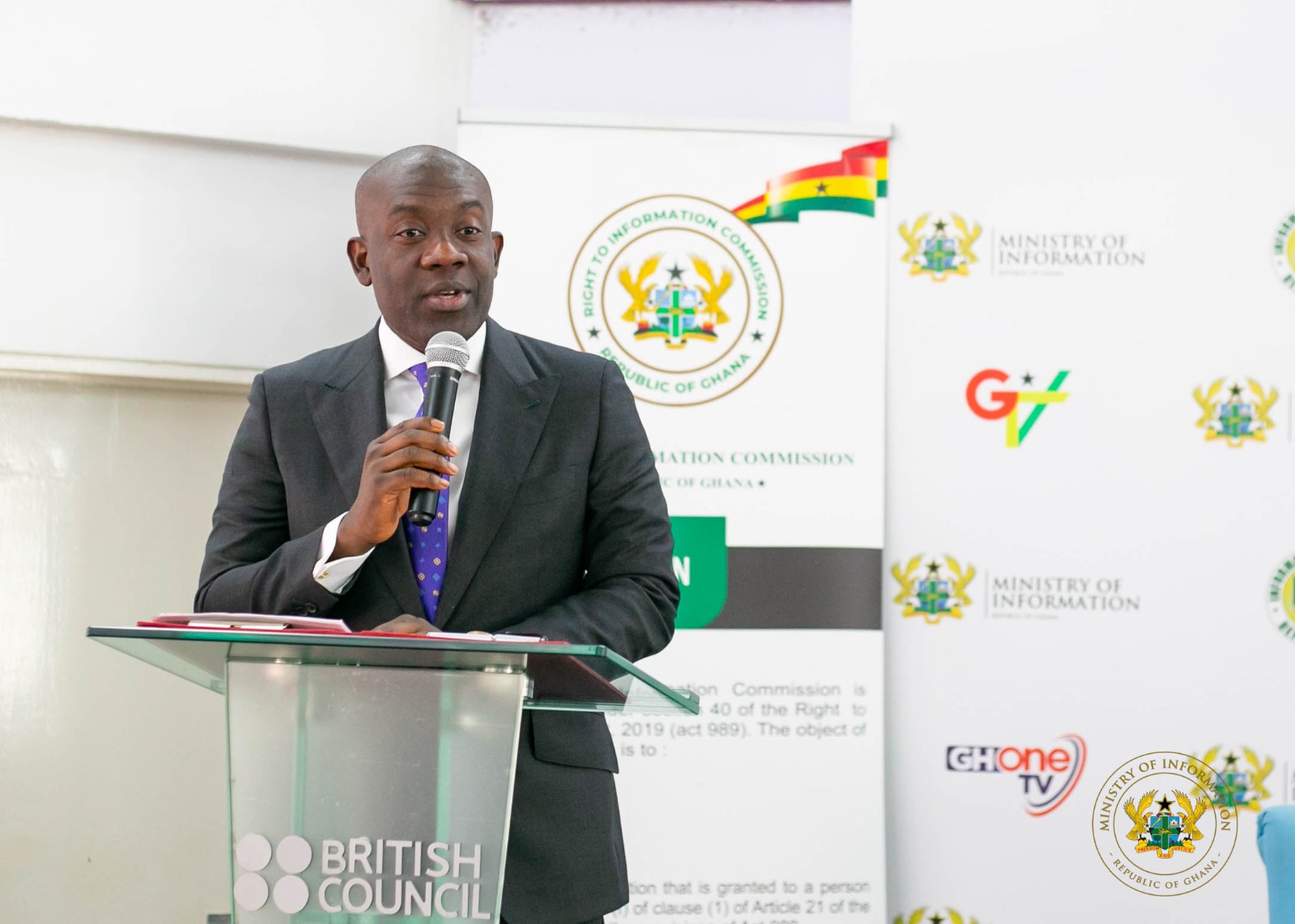
Access to medicines and health is a human right as well as a developmental issue, for which reason Governments have continuously made interventions to remove barriers as well as increase access.
Across the globe, Governments, including the Government of Ghana, have responded to the call to develop policies and interventions to address the responsible use of antimicrobials and the menace of Anti-microbial Resistance (AMR).
AMR is the ability of a microbe (micro-organism) such as bacteria, virus and some parasites to resist the effects of medication that once could successfully treat the microbe. In other words, the microbial agent?anti-biotics, anti-virals and anti-malarials?are no longer effective as a result of resistance by the microbe.
Thus, as a result of AMR, standard treatments have become ineffective in both humans and animals, while infections persist with the possibility of spreading among people and animals. AMR also has the potential for untreatable infections and putting excessive burden on social health interventions (health insurance), transfer of resistant bacteria to humans, heavy losses in animal production and the high cost of controlling infections, among others.
According to research, the misuse of anti-microbial agents?non-completion of the full course of an anti-microbial agent as prescribed? has been identified as a key responsibility for the development of AMR.
AMR is a major health security issue that requires pragmatic and concerted efforts across all sectors to tackle, in order to totally preserve the health of humans, animals and the environment, and to forestall the human and economic challenges it presented.
AMR affects all the indicators of the United Nations (UN) Sustainable Development Goals (SDGs) 2, 3, 6 and 8, and the Universal Health Care (UHC)? all with linkages to infections, healthy living and, for that matter, the use of antimicrobials and AMR.
In accordance with a Resolution passed at the 68th session of the World Health Assembly which took place in Geneva from May 18 to May 26, 2015, the United Nations General Assembly (UNGA), in 2016, called on all countries across the globe to develop policies and interventions to address the responsible use of antimicrobials and the menace of Antimicrobial Resistance (AMR).
The Health Assembly, it is important to note, is the supreme decision-making body of the World Health Organization (WHO), and is attended by delegations from all WHO Member States.
In April 2018, following the call by UNGA, Nana Addo Dankwa Akufo-Addo, President of the Republic of Ghana, launched Ghana's National Policy?which was developed in line with the objectives and guidelines of the Global Action Plan on AMR?and a five-year National Action Plan (NAP) on antimicrobial use and resistance.
The launch of the Policy and NAP was followed by the first Inter-ministerial Committee meeting on March 21, 2019 to sensitize implementing ministries and agencies on AMR country actions and, specifically, the activities of the Fleming Fund Project.
The Inter-ministerial Committee, as per the recommendations of NAP, comprises the Ministers for Health, Food and Agriculture, Fisheries and Aquaculture, Environment, Science, Technology and Innovation and their related agencies, FDA or their representatives and their focal persons.
The Committee is the highest decision-making body with oversight responsibility for the implementation of the interventions on AMR? per the recommended governance structure in the NAP.
On Wednesday, August 21, 2019, the Inter-Ministerial Committee met in Accra for the second time on the implementation of the National Action Plan (NAP) on AMR.
As part of the NAP implementation process, the Fleming Fund Project in Ghana is supporting a 'One Health' governance structure for AMR and antimicrobial resistance use (AMU) surveillance as well as a government-led system of collecting, analyzing and reporting AMR and AMU data on national and international platforms, through the AMR National Reference Laboratory at the University of Ghana and 11 sentinel sites.
The Food and Drugs Authority (FDA) is also implementing strategies aimed at reducing the incidence of AMR in Ghana by ensuring quality, safe and efficacious antimicrobial agents on the Ghanaian market.
The FDA, with support from the Fleming Fund? a UK aid programme which helps low- and middle-income countries tackle antimicrobial resistance (AMR) by improving the surveillance of AMR and generating relevant data that is shared nationally and globally?has, therefore, embarked on two major projects, namely Quality of Selected Antimicrobial Agents and Data Capture on Antimicrobial Agents.
So critical are AMR issues to the health needs of the population that support is required from all stakeholders?national and international? to ensure that all negative actions and practices that fuel AMR are discouraged in order to contain AMR and preserve the lifespan of essential medicines for the public good.
Civil Society Organizations (CSOs) and private sector entities, therefore, need to actively support the efforts of government through the Inter-Ministerial Committee on AMR.
It is also the Media's role to embark on awareness creation activities on the responsible use of antimicrobials as well as the fight against AMR.
The writer is a Freelance Journalist and a Lawyer.
Read Full Story



















Facebook
Twitter
Pinterest
Instagram
Google+
YouTube
LinkedIn
RSS